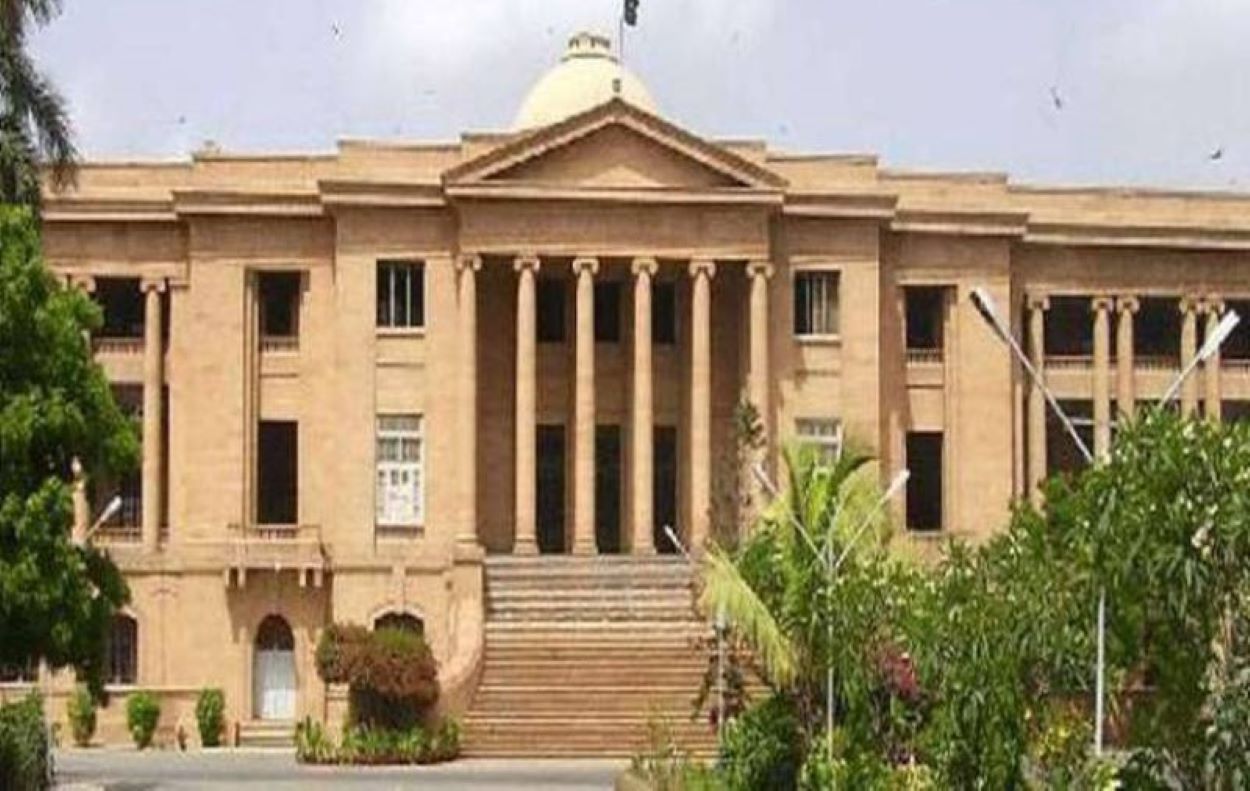The Sindh High Court (SHC) recently approved a petition from the Sunni Ittehad Council (SIC), which sought to secure reserved seats for women and minorities in Sindh. This move came after PTI-supported independent candidates, victorious in the February 8 elections, aligned with the SIC to claim these seats. Recognizing the urgency, the court expedited the hearing due to the matter’s significance.
However, on March 4, the Election Commission of Pakistan (ECP) declared that the SIC, backed by PTI, did not qualify for the reserved seats, prompting the party to challenge this decision at the Peshawar High Court (PHC). The PHC then issued a stay order against the swearing-in of lawmakers designated for the contested reserved seats, awaiting ECP’s response.
Additionally, the PHC prolonged the stay order and requested that the Attorney General of Pakistan, Mansoor Usman Awan, attend the subsequent session. In a related development, the SIC petitioned the Lahore High Court (LHC) to contest the ECP’s refusal to allocate reserved seats in Punjab.
The ECP’s rationale rested on procedural grounds, highlighting the SIC’s failure to submit a priority list for these seats before the February 8 elections—a mandatory step. It referenced Article 51(6) to underline that reserved seats should go to parties that participated in and won general seats, calculated on a proportional representation basis. Consequently, due to “non-curable procedural and legal defects,” the SIC’s claim was denied. Instead, the ECP opted to distribute these seats among other political entities based on their general seat victories, directing its office to compute the quotas accordingly.






